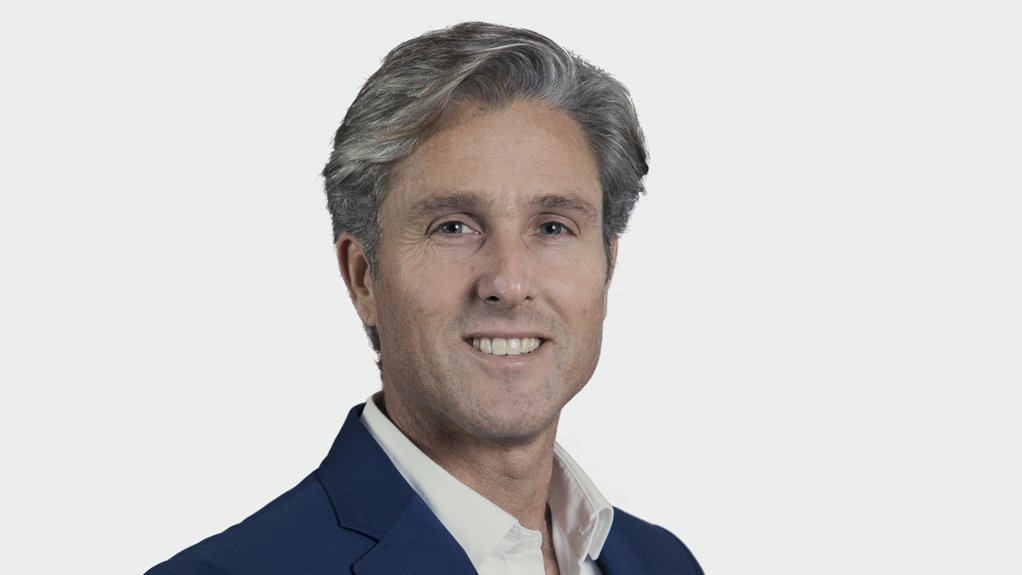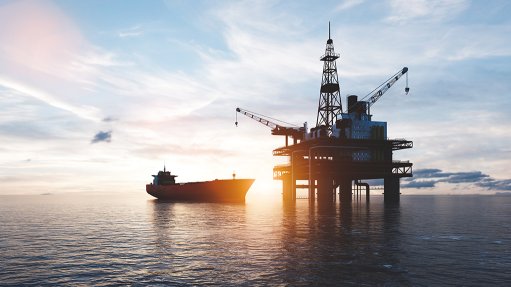KAP’s interim revenue up 12%, but earnings down 2% on lower demand
Diversified industrial, chemical and logistics group KAP Industrial increased its revenue for the six months ended December 31 by 12% year-on-year to R15.26-billion but earnings before interest, taxes, depreciation and amortisation decreased by 2% to R2.2-billion.
Operating profit before capital items decreased by 8% to R1.42-billion, taking headline earnings and earnings a share 17% lower to 31c.
Net asset value a share increased by 8% to R4.69.
For the interim period, KAP has not declared a dividend.
KAP owns six businesses including wood-based decorative panels manufacturer PG Bison; integrated sleep products manufacturers Restonic, iDream and Green Coil; automotive components manufacturer Feltex; polymers producer Safripol; supply chain and operational services business Unitrans; and videotelematics and predictive analytics developer DriveRisk.
CEO Gary Chaplin says KAP’s operating environment was challenging during the six months, characterised by political uncertainty leading up to the African National Congress’s national elective conference, continued electricity and infrastructure disruptions, higher interest rates and inflation.
“Against this backdrop, the group remained resilient, supported by the diversity of our operations in different sectors,” he says.
PG Bison continued to perform well with revenue up 10% to R2.66-billion and operating profit down 1% to R489-million, while Feltex showed good improvement as the automotive sector started to recover with revenue up 32% to R1.09-billion and operating profit up from R2-million in the six months ended December 31, 2021, to R97-million for the period under review.
Unitrans was stable, with revenue up 12% to R5.43-billion and operating profit down 3% to R334-million.
Safripol experienced softer customer demand and suffered a major breakdown at a plant, impacting on operating profit which was down 26% to R450-million. Safripol’s revenue was up 7% to R5.16-billion.
“We also experienced softer customer demand and lower sales volumes in Restonic,” he says.
Having been acquired in December 2021, DriveRisk’s revenue in the period totalled R288-million, with operating profit at R10-million. This was below KAP’s expectations and primarily owing to a rapid weakening in the rand:dollar exchange rate that impacted the domestic operations.
However, unlike many other industrial customers, KAP managed to decrease the impact of loadshedding on its operations owing to the group having certain energy agreements in place that enable it to flex its energy use.
“Therefore loadshedding itself has not yet had a material direct impact on our group.
“However, the cumulative downstream impact of loadshedding, which results in electricity inconsistencies and potential infrastructure disruptions, has become more visible in our operations during the period as it affects our customers’ ability to buy our products. We are effectively selling lower volumes,” says Chaplin.
The cumulative impact of loadshedding and unreliable infrastructure and service delivery on the group’s operations was more visible during the period under review through the secondary effects of equipment damage, reduced plant reliability, lower consumption by downstream customers and an increase in crime.
For these reasons, KAP is accelerating efforts to build resilience and create opportunity in this challenging environment.
Chaplin points out that KAP has embarked on an energy strategy to reduce electricity consumption, mitigate electricity interruptions and non-supply and generate its own electricity.
“Not only do we want our businesses to be resilient in a volatile and uncertain operating environment, but we also want to turn these challenges into opportunities.
“We have several projects being considered for self-generation of electricity, mostly through renewable energy, at attractive returns. The first project is a 10 MW solar photovoltaic (PV) plant at our Safripol Sasolburg site, which was completed in November 2022. We have also initiated a 4 MW PV plant at our PG Bison Boksburg site during the period,” he says.
Going forward, Chaplin says that, while the outlook is challenging, KAP’s long-term prospects are promising. “. . . we have several growth projects that will come to fruition over the next two years, including the expansion of medium-density fibreboard capacity in Mkhondo.
“We are also optimising our portfolio by reallocating capital internally, which we believe will improve returns and unlock value for our shareholders,” he says.
KAP expects the challenging macroeconomic environment to persist as the group enters the second half of its 2023 financial year and into financial year 2024, with softer consumer demand across a number of sectors related to higher inflation and interest rates.
In addition, the group says in a statement that infrastructure unreliability such as loadshedding and water outages, as well as escalating crime, will continue to present KAP with a complex operating environment, and potentially affect demand for its products, as customers in downstream markets that either distribute, process or consume KAP products, are affected.
Article Enquiry
Email Article
Save Article
Feedback
To advertise email advertising@creamermedia.co.za or click here
Press Office
Announcements
What's On
Subscribe to improve your user experience...
Option 1 (equivalent of R125 a month):
Receive a weekly copy of Creamer Media's Engineering News & Mining Weekly magazine
(print copy for those in South Africa and e-magazine for those outside of South Africa)
Receive daily email newsletters
Access to full search results
Access archive of magazine back copies
Access to Projects in Progress
Access to ONE Research Report of your choice in PDF format
Option 2 (equivalent of R375 a month):
All benefits from Option 1
PLUS
Access to Creamer Media's Research Channel Africa for ALL Research Reports, in PDF format, on various industrial and mining sectors
including Electricity; Water; Energy Transition; Hydrogen; Roads, Rail and Ports; Coal; Gold; Platinum; Battery Metals; etc.
Already a subscriber?
Forgotten your password?
Receive weekly copy of Creamer Media's Engineering News & Mining Weekly magazine (print copy for those in South Africa and e-magazine for those outside of South Africa)
➕
Recieve daily email newsletters
➕
Access to full search results
➕
Access archive of magazine back copies
➕
Access to Projects in Progress
➕
Access to ONE Research Report of your choice in PDF format
RESEARCH CHANNEL AFRICA
R4500 (equivalent of R375 a month)
SUBSCRIBEAll benefits from Option 1
➕
Access to Creamer Media's Research Channel Africa for ALL Research Reports on various industrial and mining sectors, in PDF format, including on:
Electricity
➕
Water
➕
Energy Transition
➕
Hydrogen
➕
Roads, Rail and Ports
➕
Coal
➕
Gold
➕
Platinum
➕
Battery Metals
➕
etc.
Receive all benefits from Option 1 or Option 2 delivered to numerous people at your company
➕
Multiple User names and Passwords for simultaneous log-ins
➕
Intranet integration access to all in your organisation




















